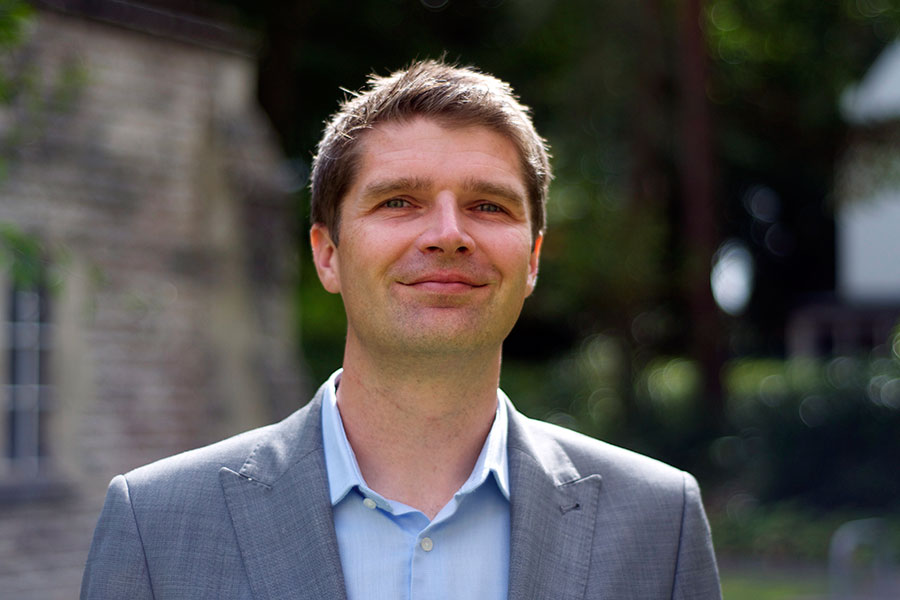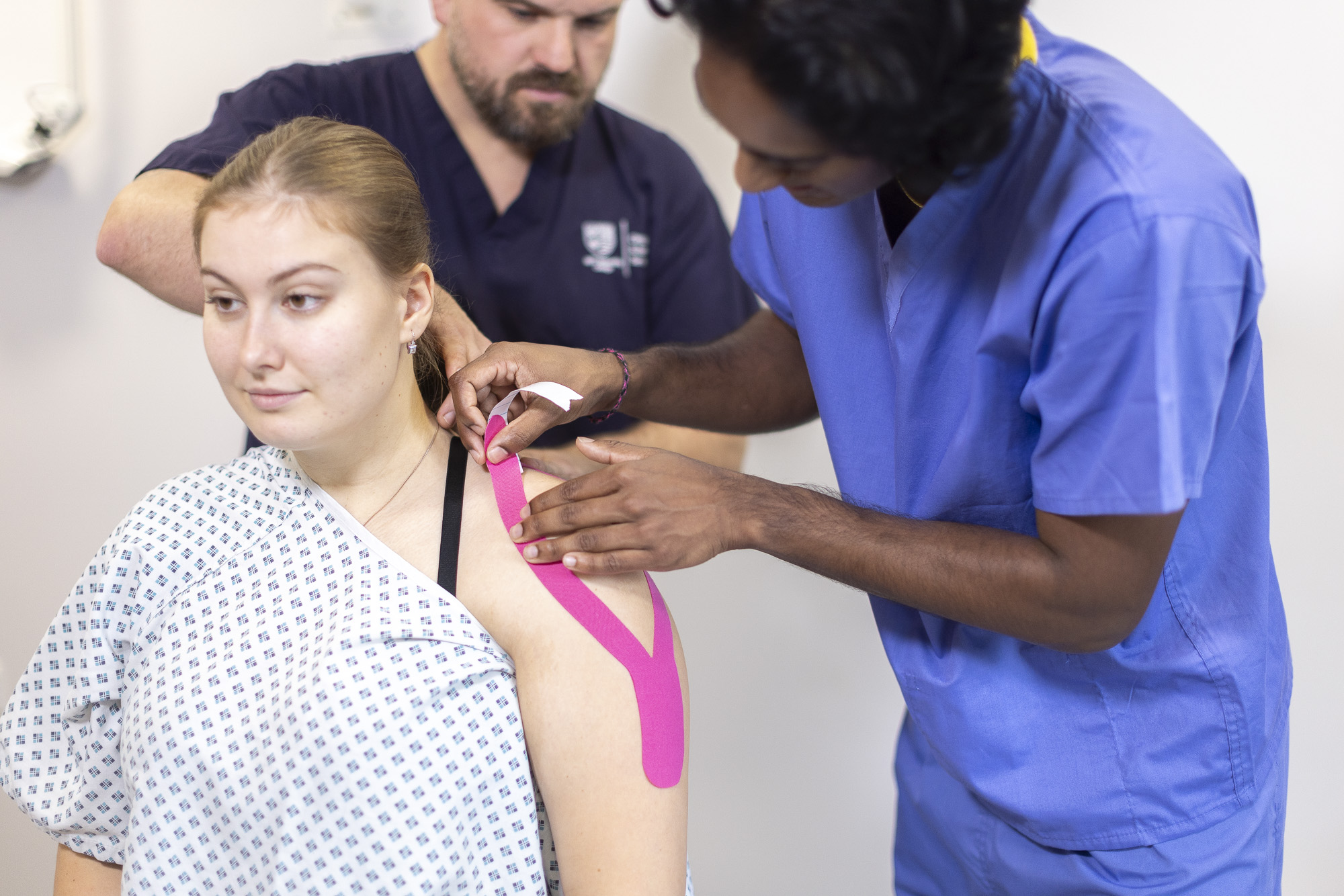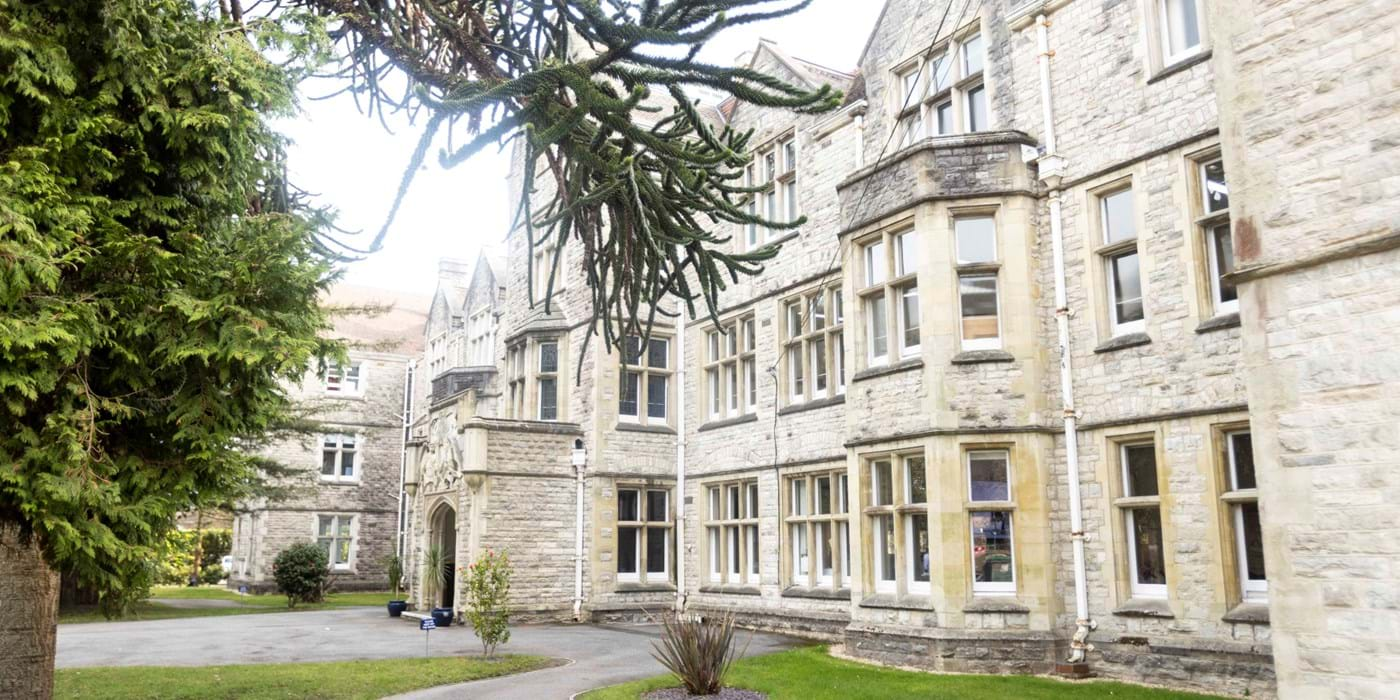Overview
The online version of our MSc Sport and Exercise Psychology course is an opportunity to extend your understanding and application of sport and exercise psychology, in a focused and supportive online learning community.
Taught entirely remotely, this one-year course will teach you to become an active problem-solver, providing the best psychological solutions to the performance challenges encountered in today’s sports. You’ll learn through methods such as online seminars and workshops, self-paced learning tasks (including video bites and quizzes), group forum activities and video tutorials.
As well as delivering a contemporary curriculum, we help students develop a network of fellow sport and exercise psychology-focused online learners. Our staff are expert researchers and practitioners, connected internationally with the sport and exercise profession, so they’re able to provide opportunities for you to engage with the profession regardless of where you are located across the world. As a student with us, you’ll also have the opportunity to take part in remotely mentored applied practice experiences, as well as existing AECC University College research projects.
Course Details
What will you learn on the course?
- You will develop an understanding of contemporary sport and exercise psychology theory, practice and challenges
- This course will enable you to become an evidence-based practitioner, and an active problem-solver providing the best psychological solutions to the challenges you encounter.
For students studying full-time you are looking at around 12 hours per week of self-paced learning. In addition, there are opportunities to gain support from each unit leader via online tutorials and pre-assessment workshops.
What makes this course unique?
- Learn in an online environment offering flexibility with your lifestyle and location.
- Engage in remotely mentored applied practise, and/or existing AECC research projects.
- Learn under expert researchers and practitioners who are engaged with global organisations and the profession worldwide.
- Opportunity to network and engage with the profession no matter which part of the world you are working in.
How is the course taught?
- Online learning delivery modes include: online seminars and workshops, self-paced learning tasks, (including video bites and quizzes) group forum activities, video tutorials, and the opportunity to engage in remote skill development.
- The course utilises a range of contemporary approaches to assessing learning, whilst also seeking to develop key applied skills and communication approaches. So alongside more traditional dissertation-style and essay assessments students will also write blogs, produce short videos, engage with social media, write consultancy reports, engage in role plays and debates.
Career prospects
- Become a qualified sport and exercise psychologist
- Become an evidence-based practitioner
Unit Breakdown
Contemporary Issues in Sport and Exercise Psychology 
Units
(Core Module)
In this unit you will explore a range of contemporary topics and issues relating to the field of sport and exercise psychology. In particular, these topics will be considered from a diverse range of perspectives. You will develop a critical awareness of the broad range of contemporary methods and approaches being applied in sport and exercise psychology. You will also explore contemporary approaches to psychological practice and associated frameworks of intervention and professional practice. Recent topics have included: mental health and wellbeing, doping, cyber psychology, positive psychology, athlete transitions, sex and gender, head injuries, and exercise dependence and addiction.
Performance Psychology 
Units
(Core Module)
This unit will provide you with the opportunity to gain an advanced critical understanding of the psychological factors both influencing and determining performance across a range of performance domains. Building upon a strong theoretical foundation, you will explore a range of psychological skills and their application in a range of practical workshops and performance laboratory-based activities. Crucial factors impacting upon performance will also be explored including: decision-making, resilience, confidence, motor control, emotions, and performance under pressure.
Counselling Skills 
Units
(Core Module)
Studying this unit you will have the opportunity to develop an understanding of those psychological factors that determine the individuality of the client/patient. You will develop an understanding of contemporary counselling theory, and crucially spend time developing your practical counselling and communication skills in on campus workshops. This process will also allow you to develop greater self-awareness of your interpersonal interaction strengths and areas for development.
Mental Health 
Units
(Core Module)
This unit will enable you to develop an understanding of mental health and mental ill-health. In particular, the unit will enable you to develop an understanding of common mental health challenges faced and consider some of the specific challenges that are more prevalent in specific populations. You will also explore key symptoms relating to a range of conditions, and crucially develop an understanding of specific interventions and referral options whilst also reflecting on the boundaries of your own professional competence relating to client mental health challenges.
Psychology of Injury, Pain and Recovery 
Units
(Core Module)
In this unit you will have the opportunity to develop an advanced understanding of the psychological factors both influencing and determining an individual’s response to injury, rehabilitation, and recovery, as well as exploring the psychology of pain. Building on a strong conceptual foundation, you will explore a range of psychologically focused interventions and their application across the full rehabilitation journey through to return to performance.
There will be a particular focus on the psychological support required through rehabilitation and recovery and crucially to ensure psychological readiness once the physical healing process is complete.
Sports Vision 
Units
(Core Module)
This unit will provide you with the opportunity to gain an advanced knowledge of psychological, biological and physiological factors underpinning visual perception and action. Building upon a foundation of perception, action, and decision-making theoretical knowledge, you will learn how to identify underlying visual issues with athletes as well as ways to integrate sports vision training into other coaching practices. The unit will also consider other ways in which vision can impact on the athlete such as the links with concussion and rehabilitation. You will have the opportunity to learn screening methods and design training programmes appropriate to a range of athletes from different sports.
Exercise Psychology and Physical Activity 
Units
(Core Module)
In this unit you will critically examine a range of psychological issues relating to the exercise and physical activity domains. The unit will enable you to consider a range of contemporary behavioural and psychological theories within the context of exercise and physical activity. You will also explore the psychological benefits of engaging in physical activity. Finally, you will critically appraise specific intervention programmes and initiatives used to promote physical activity and exercise across different populations and settings.
Applied Practice Experience 
Units
(Optional Module)
The unit will provide you with the opportunity to gain a theoretical and practical understanding of working effectively with individuals and groups within your chosen sport, exercise or research domain. You will have the opportunity to evaluate and apply the underpinning theoretical knowledge, ethical practices, and practical skills within your chosen sport, exercise, or research setting. You will be responsible for identifying your own applied practice experiences, and all experiences will need to be approved by the unit leader.
Sport and Exercise Psychology Dissertation 
Units
(Core Module)
This unit will provide you with the opportunity to undertake an in-depth and independent empirical study in a topic of interest related to sport and exercise psychology. You will have the opportunity to demonstrate originality in the development and application of knowledge and research skills. A research proposal will initially be produced that will outline the chosen focus for the research and the specific method/methodology to be adopted. The final research submission will be in the form of a research journal article.
Research Methods 
Units
(Core Module)
This unit will develop your understanding of the principles and techniques of research methods typically used in the analysis of research. After exploring the philosophical underpinnings of research strategies, you will explore research design and data collection strategies through the contextualisation of the ‘research process’. The detailed tools of both qualitative and quantitative design and data analysis will be explored and applied to the types of data typically collected. You will also explore more advanced methodologies and analysis techniques. You will consider research ethics and ethical challenges facing the postgraduate researcher.
Independent study 
Units
This unit will provide you with the opportunity to undertake an in-depth systematic review of current knowledge and understanding in a particular subject of interest. You will, in negotiation with the unit leader, agree a programme of work for the completion of the review. In terms of the approach, you will be required to adopt a systematic approach to the review of literature and to be able to comprehensively summarise current understanding in your chosen field.
Staff

Course Leader
Professor Stewart Cotterill
PhD Psychol AFBPS HCPC FBASES FHEA – Head of School of Health and Rehabilitation Sciences, Professor of Sport, Exercise and Performance Psychology
Stewart is Head of School of Health and Rehabilitation Sciences at AECC, and a Professor of Sport, Exercise and Performance Psychology.
Full bioEntry Requirements
What qualifications do I need? 
What qualifications do I need?
Normally a first or second-class (2:1 or 2:2) Honours degree (or equivalent) or professional experience in the area of study.
International Students 
International Students
Please note to be accepted onto this course; you will also need to demonstrate that you meet the minimum standards of English. You’ll need a minimum IELTS (academic) overall score of 6.0 with no less than 5.5 in each section.
If your qualification is not listed here, please take a look at our international entry requirements page or get in touch with our admissions team on the form below. Please note, to be accepted onto this course; you will also need to demonstrate that you meet the minimum standards of English. For further information on English language requirements, please see the dedicated English language requirements page. More information on permission to study in the UK, can be found on our Visas and Immigration page.
How do I apply? 
How do I apply?
Applications for MSc Sport and Exercise Psychology are now open, please follow the link below to our online application system.
If you’re not sure about anything listed here, talk to our Admissions team on the form below or call us on 01202 436200 and we’ll be happy to answer any questions you have.
For more information about our admissions policies and procedures, including our Admissions Complaints and Appeals Policy, see latest policies.
Still have questions about applying?
Course Fees
Home/ROI/Channel Islands/Overseas
2023/24
- £8,209. These are the fees for the full MSc (180 credits)
- £869 (Per 10 Credit)
2023/24
- £8,619. These are the fees for the full MSc (180 credits)
- £879 (Per 10 Credit)
International
2023/24
- £8,209. These are the fees for the full MSc (180 credits)
- £869 (Per 10 Credit)
2023/24
- £8,619. These are the fees for the full MSc (180 credits)
- £879 (Per 10 Credit)
For more information see Additional Costs page.
Please note: That these fees are for the 2023-24 & 2024-25 academic year only and may be subject to increase in subsequent years of study. Any increase will be in line with our Tuition Fees Policy but will not be more than 5%.
Note: For students to be eligible for funding from Student Finance England, they must be studying on an eligible course at a provider registered with the Office for Students (OfS). AECC University College is registered with the OfS. You can view the register and search for our name.
For more information about our admissions policies and procedures, including our Admissions Complaints and Appeals Policy, see latest policies.
Visit our student finance pages for more information on:
Register your Interest
Register your Interest / Enquiry 

Why choose AECC University College
There are many benefits to studying at AECC University College, from our expertise and history in teaching health sciences, to our state-of-the-art facilities, on-site clinical training, and of course our location on the beautiful Bournemouth coast.








